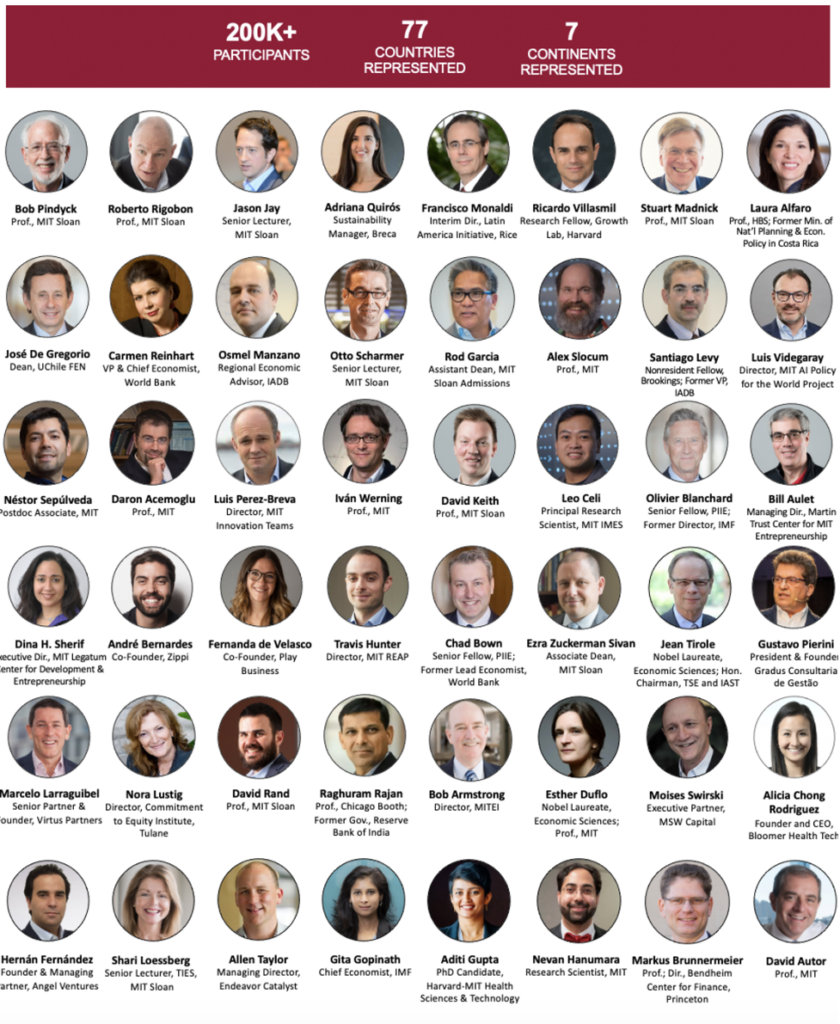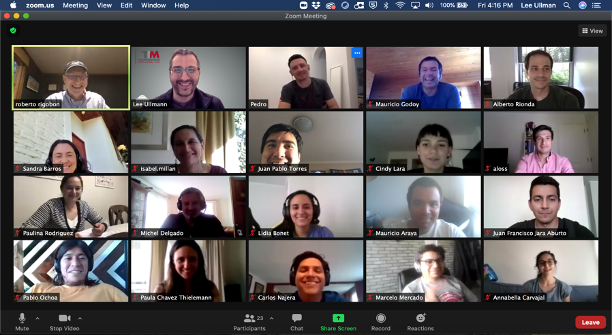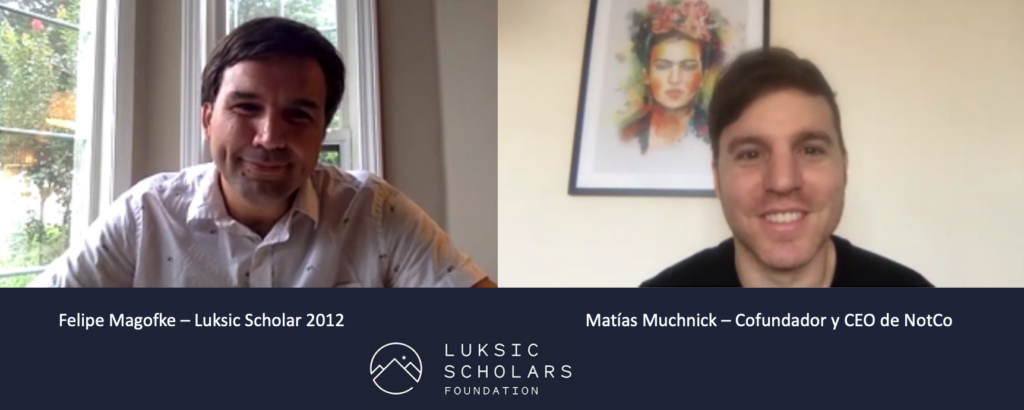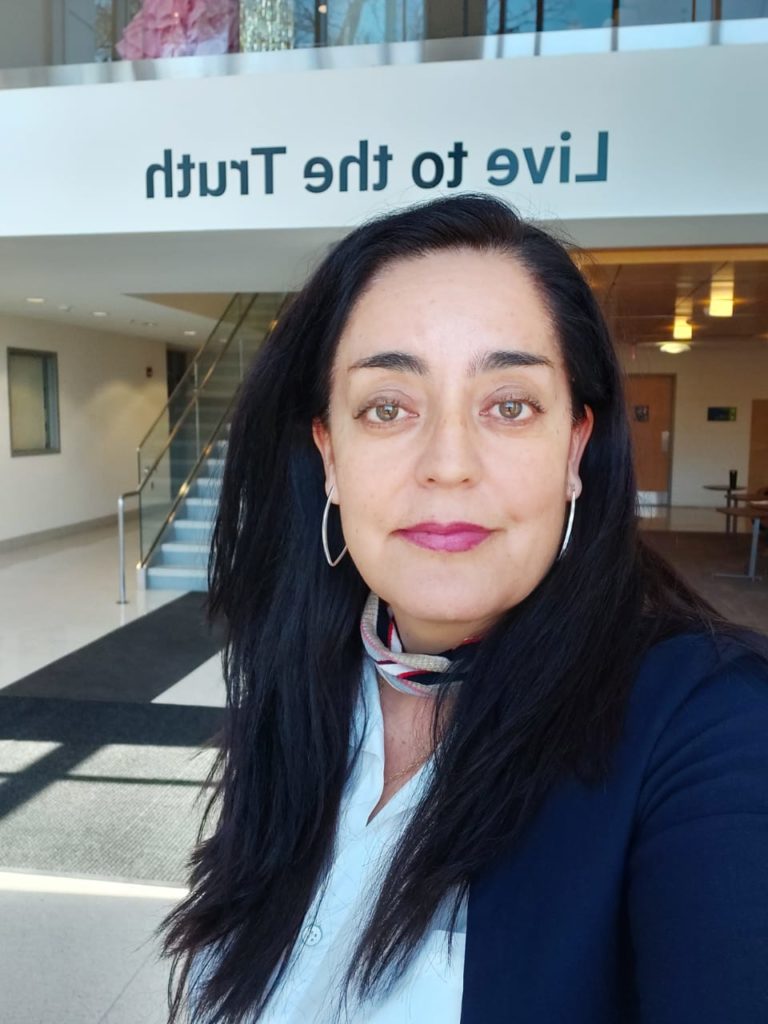- Between May 3rd and the 13th, the third version of the seminar “Babson Symposium for Entrepreneurship Educators, Antofagasta” will be held by experts from this world-renowned institution.
50 teachers from Arica to La Serena will go through a very enriching pedagogical experience in the third version of the “Babson Symposium for Entrepreneurship Educators”, organized between the Universidad de Antofagasta, through its Office and Transfer and Licensing (OTL-UA) and the Luksic Scholars Foundation.
The seminar will take place online between Monday 3rd and Thursday 13th of May, and will be hosted by faculty Andrew Corbett and Matthew Allen from Babson College, two expert professors in topics related to innovation and entrepreneurship, especially taken to different areas, such as the pedagogical and the educational.
In this version of the program, teachers from the universities of Antofagasta, La Serena, Atacama, Arturo Prat, Tarapacá and Universidad Católica del Norte, previously selected, will participate to receive pedagogical content, tips and tools, for them to improve their teaching in a more effective and innovative way in the classroom.
For this, a series of sessions will be carried out, such as “Search for needs for the generation of Ideas” and “The mentality for entrepreneurial education and teaching of entrepreneurial thinking and action”, among other important topics.
The global contingency will not be absent: The “Teaching in a Pandemic: Online and other modalities” session will reinforce the pedagogical tools of teachers and their adaptation to the new teaching formats that the current Covid-19 pandemic requires.
BENEFITS
For Alejandra Portillo, director of the Office of Transfer and Licensing (OTL-UA), developing this program generates multiple benefits for the educational community.
“In order to generate development in the educational field, it is essential to be able to provide tools to teachers and specialize in teaching entrepreneurship and new technologies. That is why we are so happy to be able to carry out a new version of this program together with world-class experts and an institution such as Babson College that ensures quality and innovation in its content.”
For the OTL-UA director it is very relevant “to be able to support our peers from other universities, thanks to the support of the Luksic Scholars Foundation, which translates into 200 scholarships in the 5 years that this program lasts.”
While Jeff Swiryn, Executive Director of the Luksic Scholars Foundation, states: “We are very happy to be able to provide a new edition of this recognized Babson program in Chile. Even going through this pandemic, we want to validate our commitment to education and professional development, and this is a great opportunity for this, for 50 teachers from the north of the country will acquire knowledge of experts in entrepreneurship, and then spread good practices to their students and their communities.”
Susana Rubilar, Deputy Director of Technology Transfer and Entrepreneurship at OTL-UA, said that “this program is essential to promote and develop an entrepreneurial ecosystem within the university, since instances like these allow us to reach teachers from. The entrepreneurship perspective, which they will then share with their students, transmitting the spirit of entrepreneurship.”
The online version of this program has been able to adapt to new educational demands “and we hope that all participants can enjoy and learn new practices that they can then apply in their virtual classrooms,” she added.
BABSON COLLEGE
Babson College is recognized as the number one university in teaching entrepreneurship worldwide, and stands out as an example of the development and empowerment of academic excellence.
The agreement signed with this entity contributes to teaching these subjects in a more effective and innovative way in the classroom, delivering case studies under different teaching methodologies, in addition to effective learning.
This program has already prepared more than 4,400 educators from more than 1,100 institutions around the world, to form a growing group of innovative teachers in the field of entrepreneurship, who understand the importance of creating connections between theory and practice in teaching.
A commitment that will undoubtedly help improve the quality of education in the northern macrozone, thanks to the joint work carried out between the Office of Transfer and Licensing of the University of Antofagasta (OTL-UA) and the Luksic Scholars Foundation.








